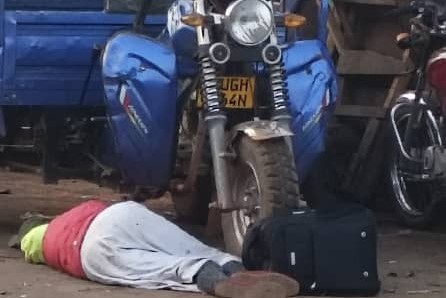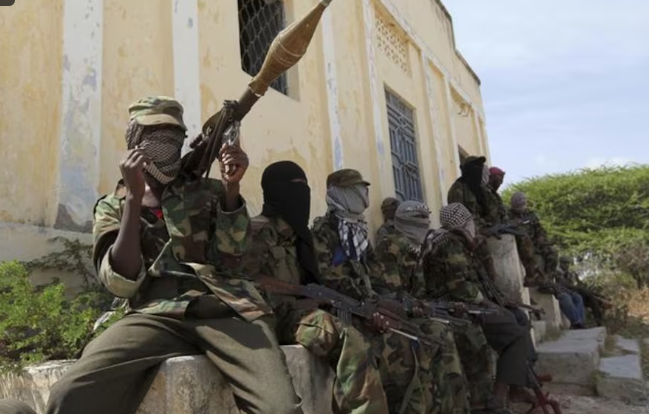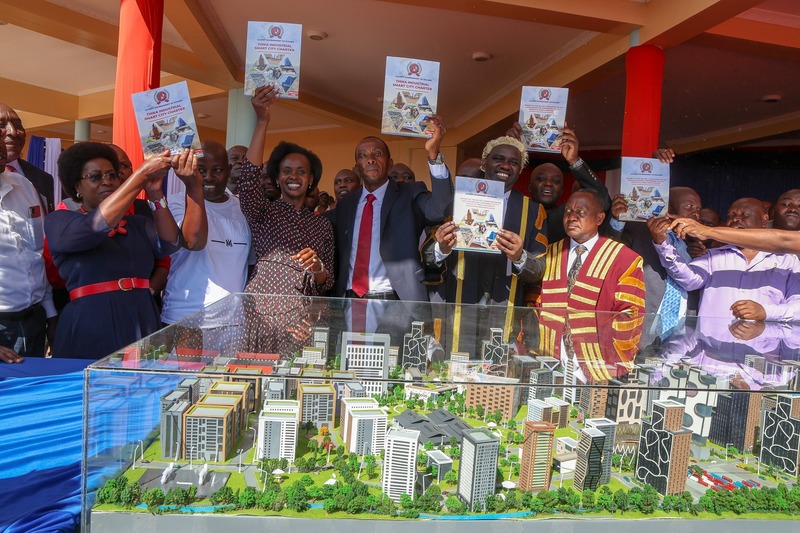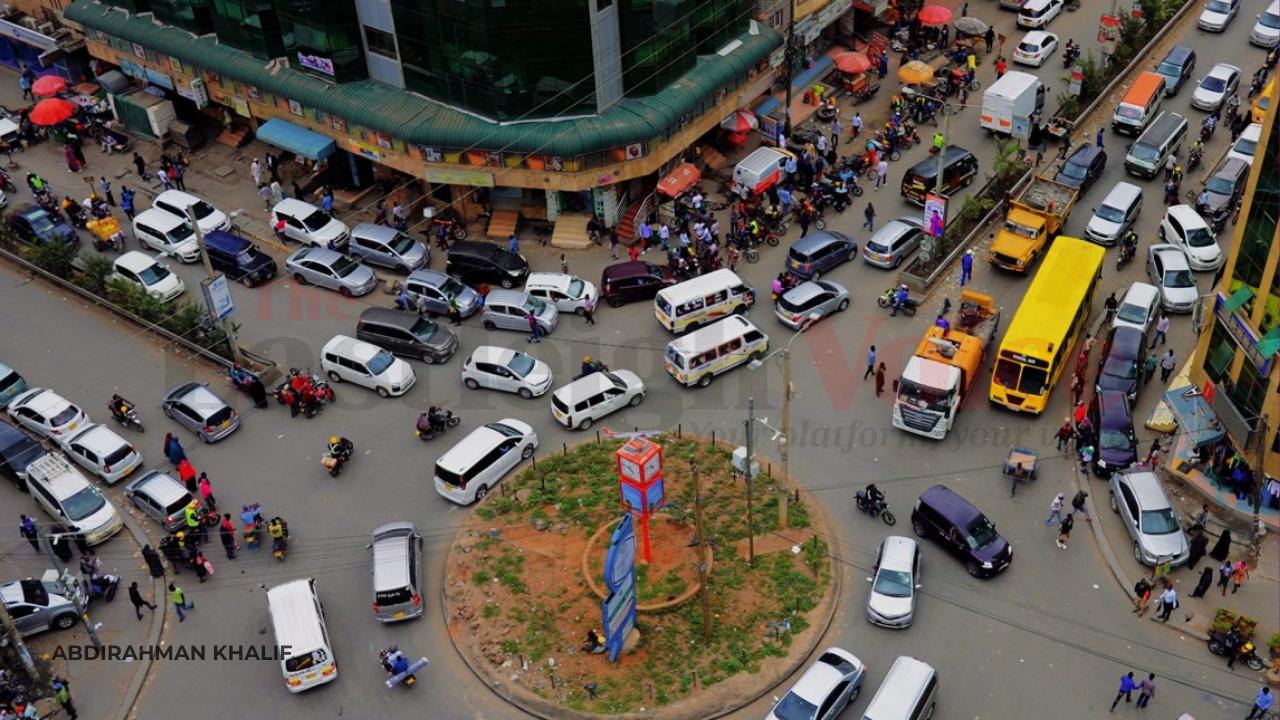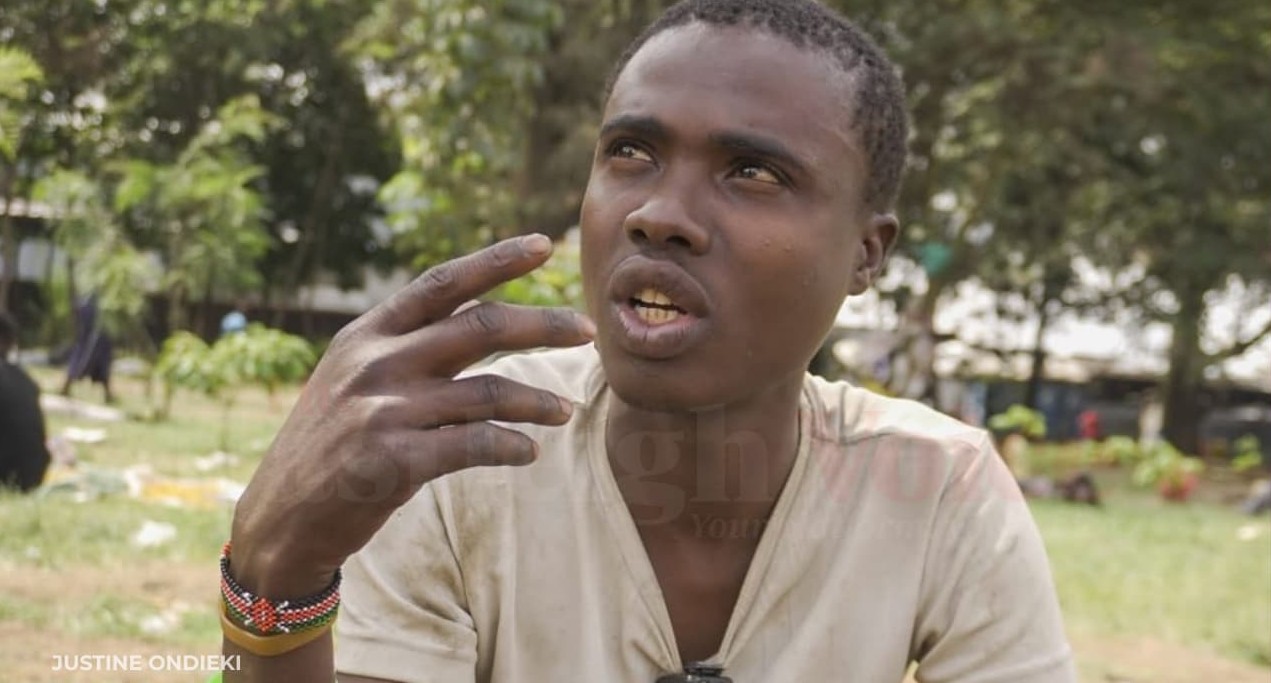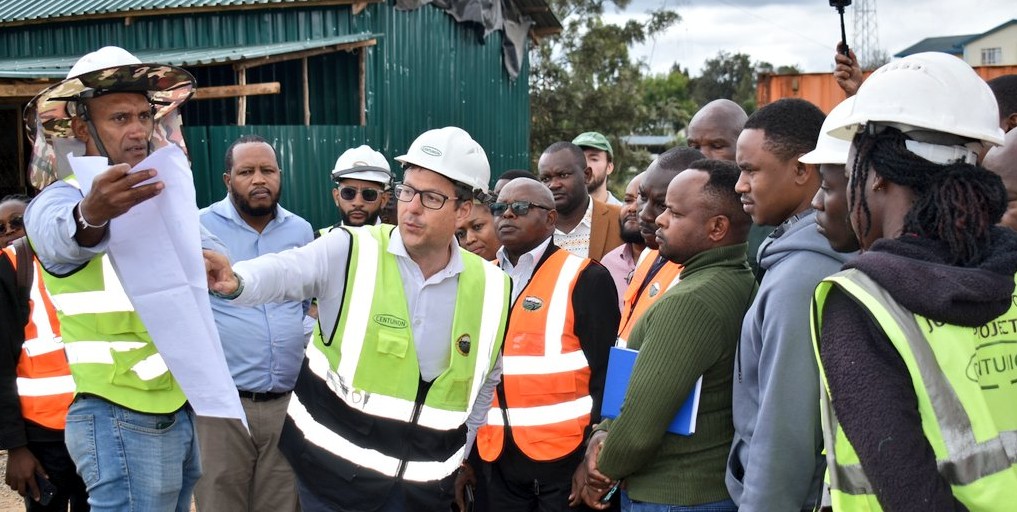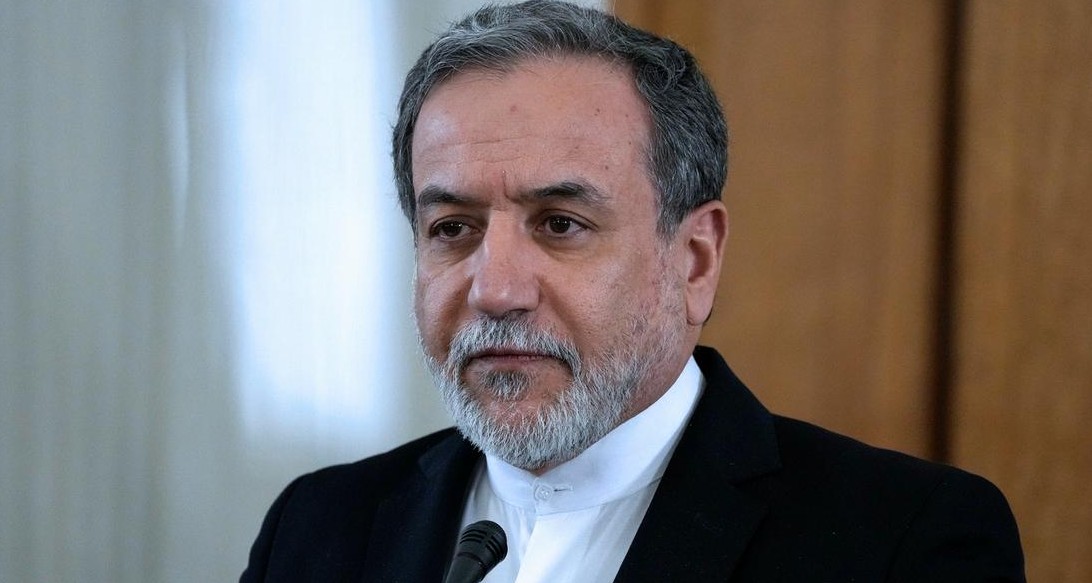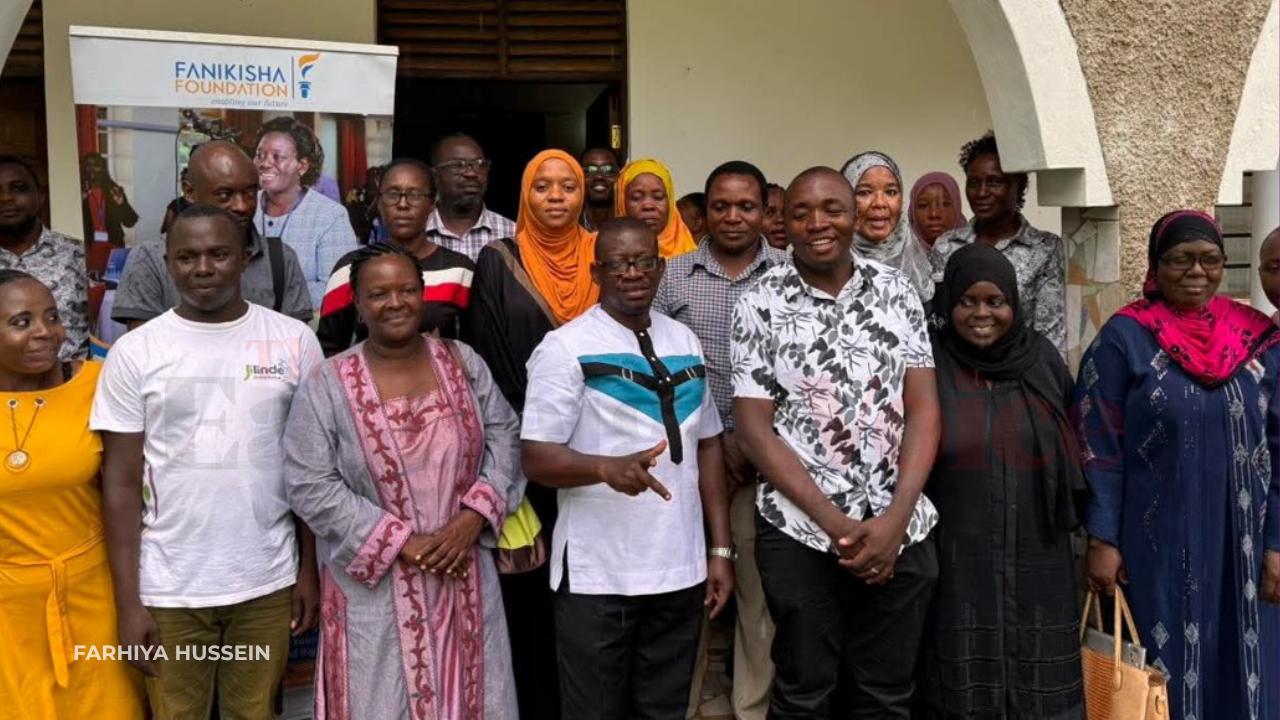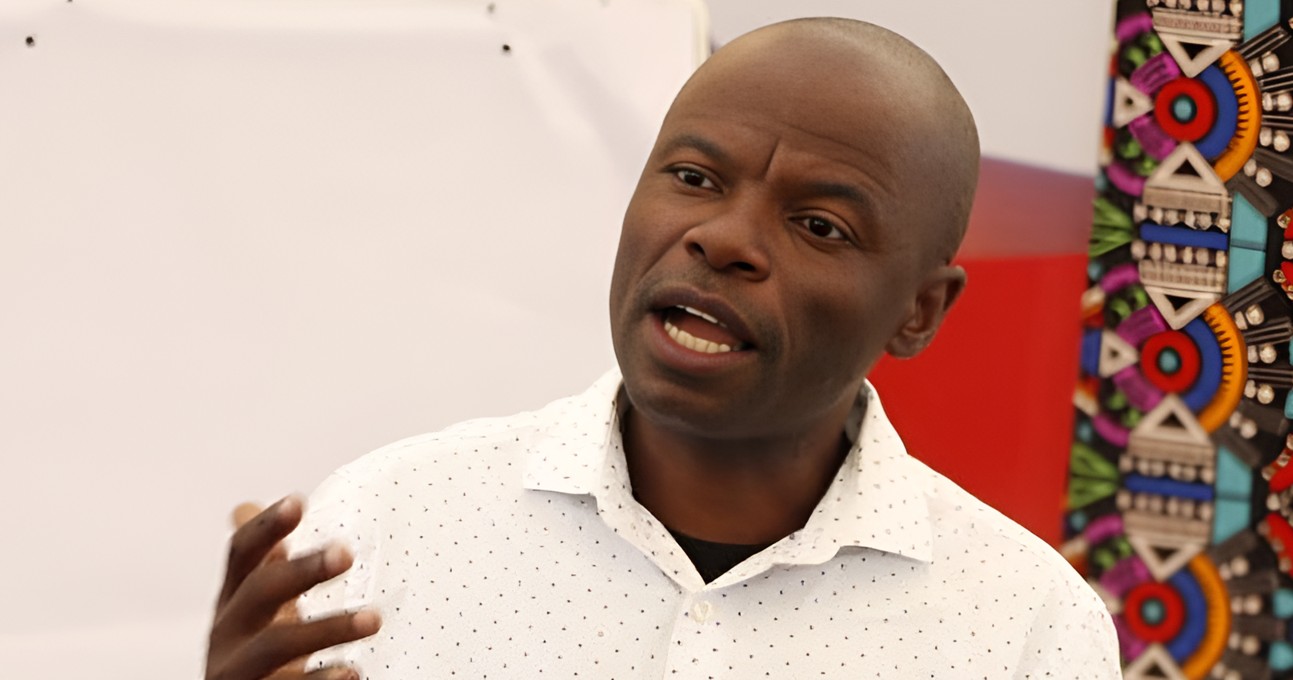How a German football club is making refugees feel at home

Hertha Bonn, a football club in western Germany, has started the project "Football Connects" to help refugee children integrate into society. The initiative has drawn praise from Germany's football association.
With just a few hand gestures, Salim Mehdaoui indicates what he wants from the children collected in the gym of an elementary school in Bonn. They gather in the middle of the room and form a circle. Some shift their weight nervously as they look wide-eyed at the coach and wait for their turn.
Salim holds a football under his arm, and after he's said every child's name, he starts practice. "The kids are getting used to our rituals. Like the collective greetings and goodbyes," said the coach to DW. Aside from sports, it's also about the social togetherness of the participants, Salim emphasized.
More To Read
- UNHCR reports record displacement in West and Central Africa
- What happens when aid is cut to a large refugee camp? Kenyan study paints a bleak picture
- UN warns of looming famine in East Africa as conflict, climate shocks deepen hunger crisis
- Refugees allowed to use refugee IDs for SIM cards registration
- Germany to end visa appeal process on July 1, forcing rejected applicants to court
- Germany, Norway reopen embassies in Juba as South Sudan tensions ease
The social environment at the club is important, as the participants come from a nearby initial reception facility for refugees.
"This kind of training is important for the kids because while they fled many had the experience of the strongest coming out on top. Often their demeanor can be a bit brutal," Antje Nekhili told DW.
"Here they're taught to be considerate again. The children can have good, playful social relations again."
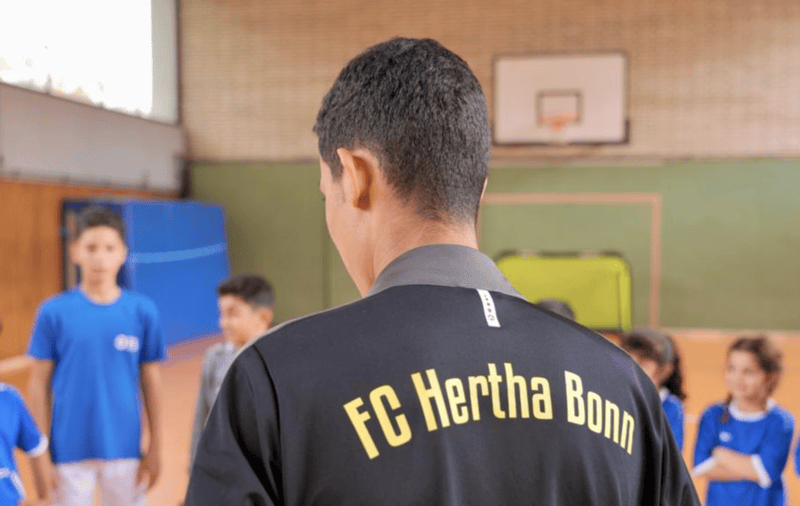 Coach Salim Mehdaoui and the refugee children say their names before football begins. (DW)
Coach Salim Mehdaoui and the refugee children say their names before football begins. (DW)
Nekhili is the refugee housing volunteer coordinator and launched the project "Football Connects" with Hertha Bonn in March 2022.
Language barrier proves a challenge
Finally, the ball gets rolling, and things get loud in the small gym. Bursts of laughter intermingle with goal celebrations – the delight is as visible as it is contagious.
"It fills me with joy," said Mehdaoui. "You see that it does the kids good, which really motivates me."
When the project launched two years ago, the now student had just finished a gap year doing volunteer social work at Hertha Bonn. Salim developed a set of guidelines, as communication in particular challenged him and his colleagues.
"Of course, it's a challenge, as there are language barriers and there are new kids at every training," Jörg Michael, Hertha Bonn's vice president, told DW. "The kids come from different countries and often don't speak a common language."
According to Michael, this makes it difficult for coaches to reach all the children.
Mehdaoui tackled the problem head-on and developed solutions along with responsible parties at the club. Communication – when not in English or French – is practised nonverbally with small cards that Mehdaoui shows the children.
This means a common language isn't always necessary, said Nekhili. "This way we can make friends out of what might in other contexts be antagonistic cultures since they're playing on the same team."
The club uses football as a common language, which Michael says is understood all over the world.
DFB: 'An impressive example of selflessness'
"Five-minute break," or a simple stop sign on a card are displayed so the children understand what's going on. And it works – the project is a roaring success and was recently awarded a prize for integration and tolerance in football by the German Football Association (DFB).
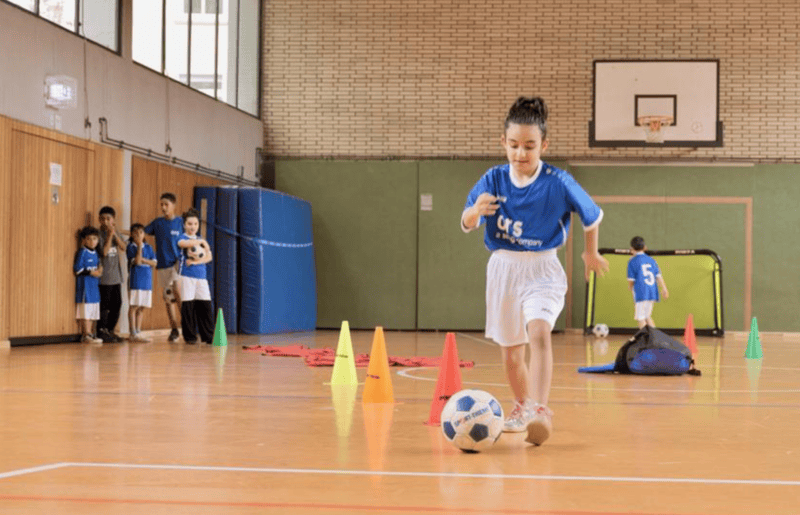 Germany's integration through football has been a success. (DW)
Germany's integration through football has been a success. (DW)
Under the leadership of DFB President Bernd Neuendorf, Hertha Bonn was selected from 134 applicants for the prize. The association called it "an impressive example of selflessness, as it's not a way to win future club members." Children move on from the Bonn refugee facility within a couple of days or weeks.
Clubs can help with integration
Despite the typically short stays, the kids benefit from the weekly training sessions. In addition to being a welcome distraction from their daily lives in refugee housing, they learn important social skills and are exposed to German culture.
"The training sessions change how the kids behave. If they've already been to one, they can then help other children," said Nekhili. "They support one another and share their knowledge."
For Jörg Michael, the project demonstrates how important institutions like football clubs can be for integration. "It should be a duty of clubs to be socially engaged," he said. "That's why we developed the guidelines and want to show just how simple it can be to offer these trainings."
After just 60 minutes, today's session comes to a close, with the children once again circling up and using their last remaining energy to yell "Fussball" – all in one language, and all with a beaming smile.
Top Stories Today

